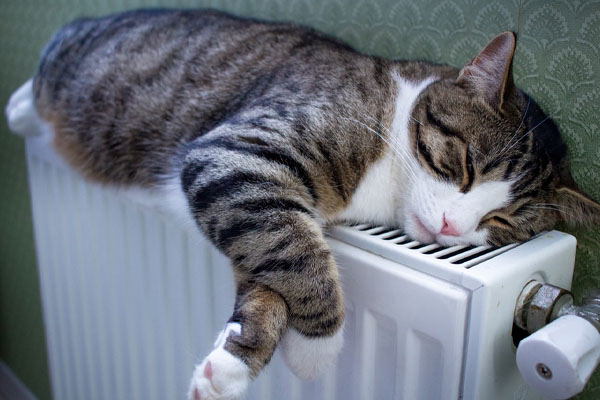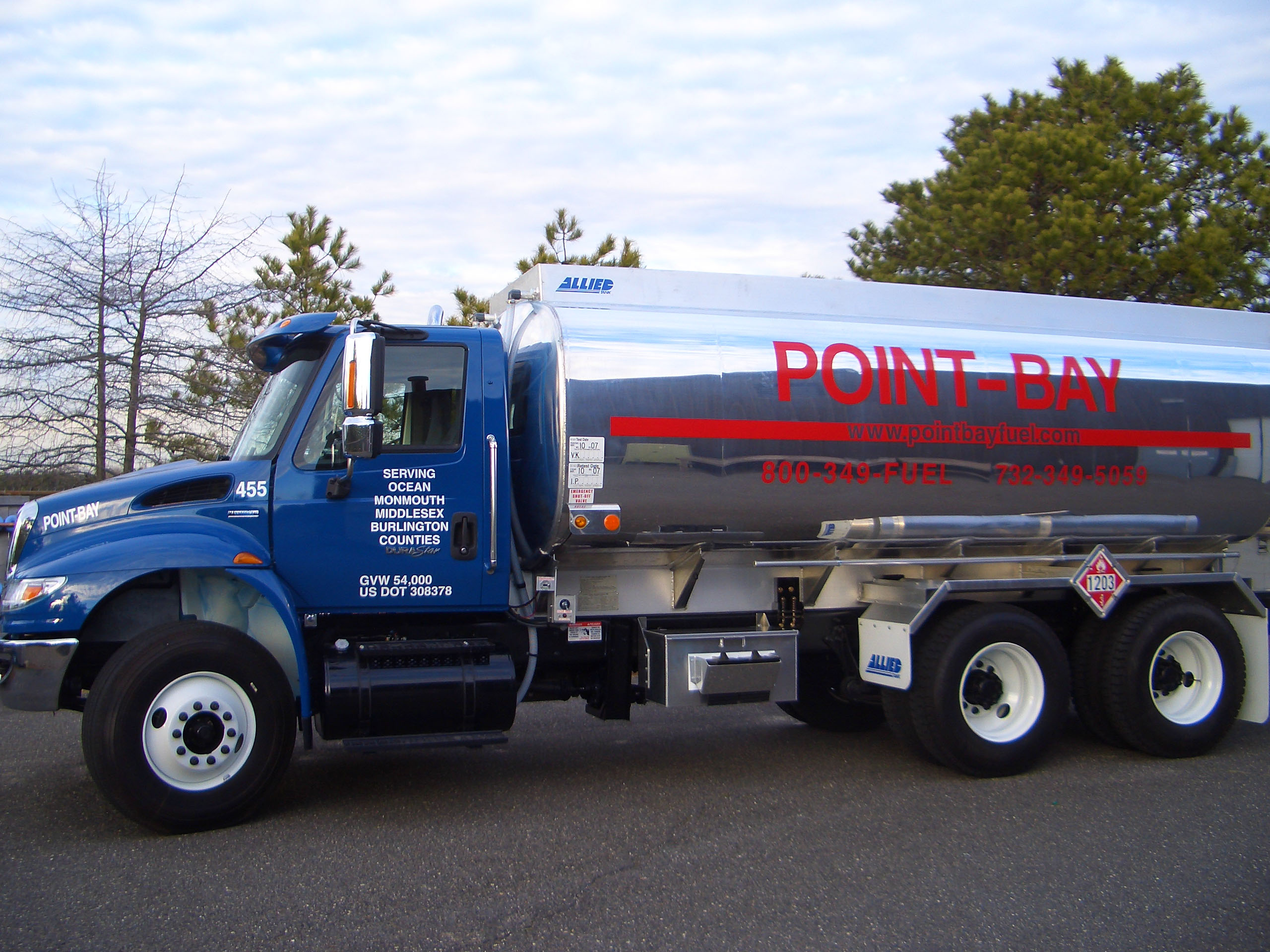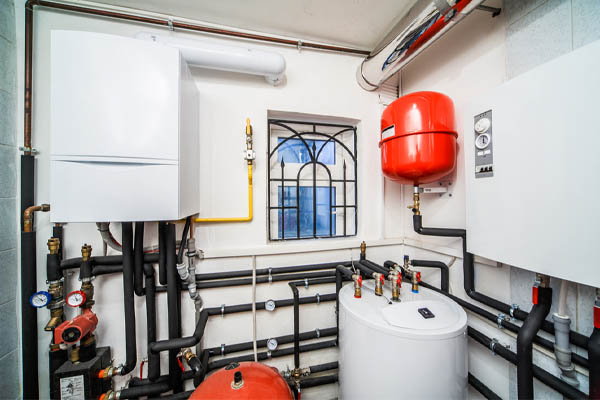What Is #2 Heating Oil?

The winter season can be very challenging in certain parts of the US. Because of this, many homeowners need a reliable heating system to stay comfortable and safe during these cold months. A few things that need attention are getting the heating system tuned up and stocking up on home heating oil. Some common oils we know are kerosene, #1 heating oil, diesel fuel, and #2 heating oil.
All of the fuels that are mentioned above have their own unique characteristics and application. However, #2 heating oil is undeniably the most important fuel you’ll need for your home.
What Are The Different Types Of Heating Oils?
Contents
All types of fuel oils are derived from crude oil. They are byproducts of the distillation process. Each of them is produced at different stages in the process. These fuel oils are also known to generate a large amount of heat when burned.
Each distillate weighs differently from the other. This, of course, depends on the refinement that they underwent. Below, we arrange them from the lightest to the heaviest oil:
1. Kerosene

Kerosene is the lightest fuel oil you can use for home heating. This fuel is made through the refinement of #1 fuel oil, filtering its impurities. Because of this, kerosene has a cleaner burn and is generally safe to use indoors. On top of that, it has a low viscosity and boiling point.
This fuel type is often used for portable heat sources outdoors or indoors. It’s very convenient if you don’t have a furnace installed or you’re in a newly constructed building.
Many people rely on kerosene, especially during power outages or camping trips, as most kerosene lamps can provide lighting that can last for long hours. The best part is, kerosene lamps usually come with beautiful designs and features, like an odor suppressor, so it doesn’t feel like you’re even using fuel oil.
2. #1 Fuel Oil
There are many similarities between #1 fuel oil and kerosene as the latter is mainly derived from the former.
However, because the #1 fuel oil underwent less processing, you can expect it to be heavier, have a higher viscosity, and contain more impurities.
This fuel is often used for portable heaters and outdoor heating materials like stoves. But unlike kerosene, it can’t be used indoors as it doesn’t produce a clean burn.
Exhaust fumes from #1 fuel oil can be very harmful if you breathe them in. But if used outdoors, impurities are easily diluted in the air, making it safer for you and your family.
3. Diesel Fuel

Diesel fuel is widely available and is very familiar to all because it is easily found in fuel pumps at the local gas station.
There are mainly two types – the untaxed and taxed diesel fuel.
Untaxed diesel fuel is easily recognizable as it’s hinted with a red dye. This fuel is what’s usually used in construction machines and other off-road vehicles. What most people like about this diesel fuel is that it has low sulfur content, making it eco-friendly.
On the other hand, taxed diesel fuel has a natural light green tone and is mainly used for cars and trucks traveling on main roads. But, this type of fuel does come with a higher price than the untaxed one.
When it comes to heating appliances at home, you can easily mix diesel fuel with the #1 fuel oil to minimize sludge formation during winter. However, it’s best not to do this yourself but contact a heating expert instead to confirm if it’s the best course of action.
4. #2 Fuel Oil

Number 2 fuel oil is the heaviest of the four. Virtually, it’s almost the same with diesel fuel in terms of chemical composition. However, unlike diesel fuel, the #2 fuel oil has a tax-free status, keeping the prices low and making it an ideal heating oil for people’s homes.
Because it’s tax-free, it contains the same red dye as seen in untaxed diesel fuel. But, although they’re the same in appearance, #2 fuel oil is very important in winter as it goes into boilers and furnaces rather than cars.
You can also call this fuel home heating oil because that’s what it’s mainly used for.
Because diesel and the #2 fuel oil are very similar, it’s actually possible to use them interchangeably to provide home heating. However, most people don’t do this as it can be very impractical, given the fact that diesel is a lot more expensive than #2 fuel.
What’s nice, though, is that if deliveries are delayed, or you run out of fuel and you need something for emergencies, it’s easier to go pump and purchase diesel as an alternative.
On the other hand, you can’t place #2 fuel in a diesel car. This is illegal, and once cops find out that you’re using this kind of fuel to run your car, you might face charges. So, always follow the law and use every fuel or product mentioned above according to its intended application.
#2 Fuel Oil For Home Heating

Number 2 fuel oil is the most widely used fuel for home heating out of the four. It has a high BTU rating and can also produce the greatest amount of heat.
If you contact an oil supplier to deliver some oil, oil companies often send out trucks carrying only #2 fuel. However, they may also inform you if they’re bringing fuel blends that are more suitable for your heating oil tank or the current temperatures out.
For example, if you placed your above-ground tanks outdoors, you immediately subject them to extremely cold weather. Because of this, it’s best to use a blend of #1 and #2 fuel to produce a mix that would create less sludge. You can do this or even mix the #2 fuel with kerosene, resulting in a fuel that produces a cleaner burn.
Now, the ratio would always depend on different factors, and only your oil provider would know. So, make sure to contact them and don’t create a blend of your own.
Call Point Bay Fuel For Superior Home Comfort Solutions

Point Bay Fuel offers superior heating oil deliveries and HVAC services in Ocean and Monmouth Counties, New Jersey. Our heating oil deliveries are fast, reliable, and affordable, and we always keep your safety in mind. We offer various heating oil delivery plans and financing options. This way, you can customize your fule deliveries to meet your needs. Likewise, we hire the best-certified HVAC technicians who can provide you with excellent HVAC tune-ups, repairs, installations, and replacements. Each of our techs has the knowledge and experience to service your HVAC system correctly.
Point Bay Fuel guarantees the most competitive home comfort service costs in the area. Our maintenance services can improve your comfort and energy efficiency while reducing your home HVAC costs. If you are interested in improving your indoor air quality, then look no further. Our experts know the most advanced solutions to achieve all of your home comfort needs. All of our services are backed with a guarantee to ensure your satisfaction. To schedule an appointment, give Point Bay Fuel a call today. We offer free, in-home estimates.
Contact us now by calling (732) 349-5059 to speak to one of our home comfort specialists!
